Research is essential to advancing the science that leads to better health care for all. However, about half of all early-career researchers leave their academic research positions within five years of earning a PhD. Many have said that the main reason they leave their research posts is due to challenges getting funding for their research.
Scientists often struggle to obtain funding for early projects and ideas that lack preliminary evidence and data. Such projects are often viewed as too “risky” for large federal grants. Therefore, these researchers need “seed” funding to help them grow their ideas into projects that have sufficient evidence to win larger grants. Early financial support allows researchers to test and cultivate their ideas on a smaller scale.
“We’ve lost a lot of talented scientists to industry because of funding issues. We want to try to get scientists interested in musculoskeletal research early and continue to fund them and continue to keep them engaged,” explains spine surgeon Dr. Joon Lee, MD. “We want to support their ideas, these ‘moonshots’ that they’re thinking about, with endowed grants.”
The Orland Bethel Family Musculoskeletal Research Center (BMRC) was created to address those goals. The center was established in October 2023 through the generosity of grateful patient Orland Bethel, founder of Hillandale Farms, whose gift was matched by the University of Pittsburgh School of Medicine.
BMRC supports scientific curiosity, discovery, education, and the dissemination of ideas within the field of musculoskeletal research. The ultimate goal is to support the rapid development of treatments that will improve patients’ lives.
The center’s three areas of focus are:
- Supporting young, early-career researchers and trainees so that their ideas and talents can produce breakthrough treatments for musculoskeletal ailments
- Supporting the education of undergraduate, PhD, and medical students in pursuit of research that can be quickly translated into patient care
- Sharing knowledge through scientific collaborations, seminars, and publication of new data


